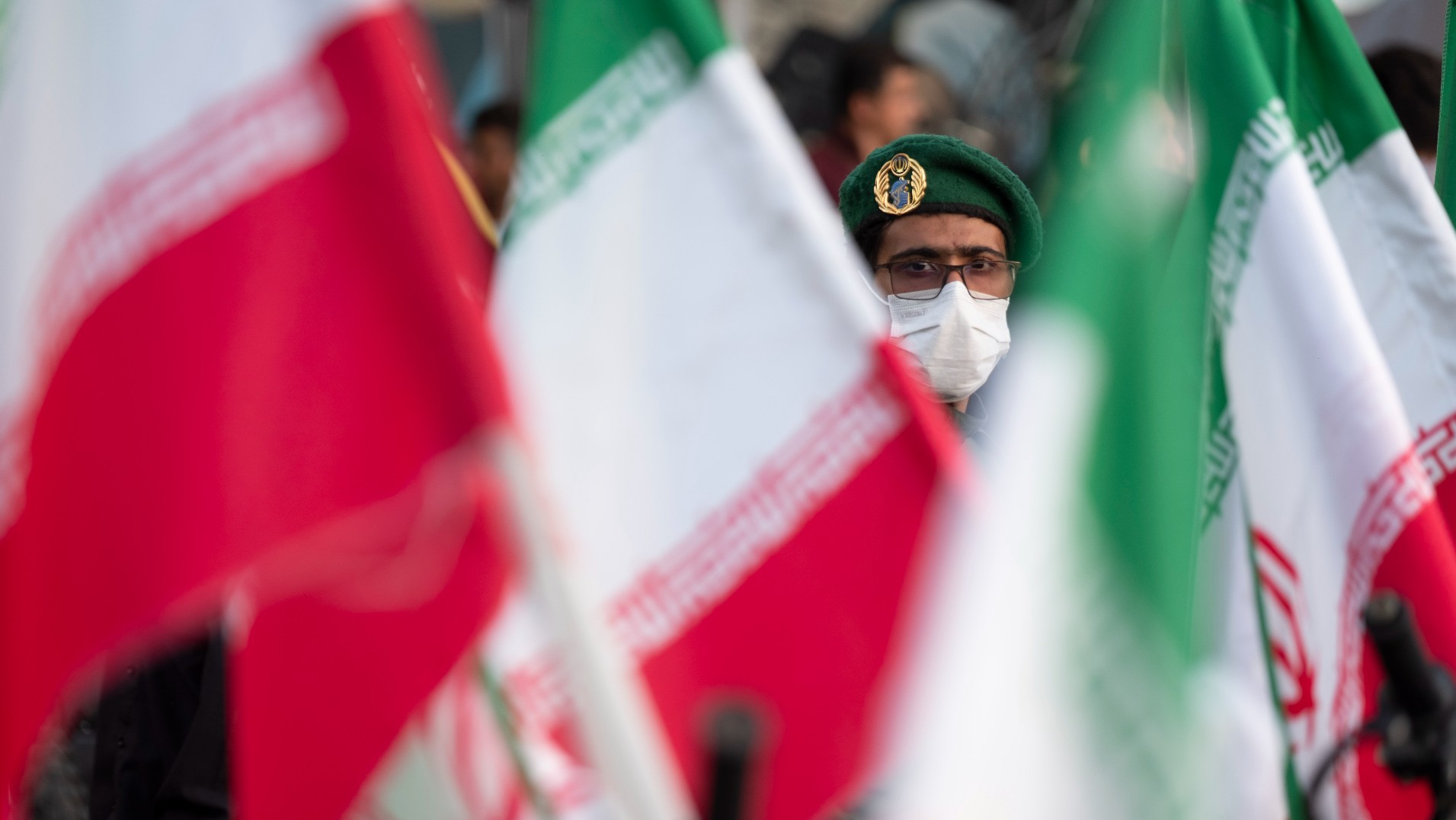The Israel-Iran shadow war
Hostilities escalating following years of clandestine attacks as hopes fade of return to nuclear deal

A free daily email with the biggest news stories of the day – and the best features from TheWeek.com
You are now subscribed
Your newsletter sign-up was successful
Israel has been blamed for an overnight drone strike on an ammunition factory in Iran as the long-running shadow war between the two countries threatens to break out into the open.
According to The Wall Street Journal, “US officials and people familiar with the operation” pointed the finger at Israel, as the Middle Eastern nation’s leaders work with Washington to find “new ways to contain Tehran’s nuclear and military ambitions”. The Israeli military declined to comment about the drone attack, in the central Iranian city of Isfahan on Saturday.
But Teharn’s “arch-foe” has “long said it is willing to strike Iranian targets if diplomacy fails”, Reuters reported.
The Week
Escape your echo chamber. Get the facts behind the news, plus analysis from multiple perspectives.

Sign up for The Week's Free Newsletters
From our morning news briefing to a weekly Good News Newsletter, get the best of The Week delivered directly to your inbox.
From our morning news briefing to a weekly Good News Newsletter, get the best of The Week delivered directly to your inbox.
How has the shadow war been fought?
Israel “is widely believed to have masterminded a series of operations inside Iran over the past decade to sabotage the country’s nuclear programme”, said the Financial Times. These covert operations “include assassinations of nuclear scientists and attacks on atomic sites, as well as smuggling out documents”.
In 2020, Iran accused Israel of orchestrating the assassination of its top nuclear scientist, Mohsen Fakhrizadeh, regarded as the father of Iran’s atomic programme. Fakhrizadeh was shot dead while driving a car on a road outside Tehran, allegedly with a remote-controlled machine gun..
His death made headlines worldwide, but “both sides have been engaged in clandestine actions against each other” for many years, said BBC News’s Suzanna KIanpour. “Israel sees Iran, which calls for its elimination, as its biggest threat; Iran sees Israel as an enemy siding with the United States and a bulwark against its growth as a regional power”.
Could the war break out into the open?
With the nuclear deal between Tehran and the West also “looking increasingly unlikely to be restored”, said Al Jazeera, “further escalation might be a possibility”.
A free daily email with the biggest news stories of the day – and the best features from TheWeek.com
A former Iranian diplomat told Middle East Eye last week that domestic and global events – most notably the brutal crackdown on anti-government demonstrations in Iran and the invasion of Ukraine by its close ally Russia – had further undermined the already fraught negotations with the West.
Ukrainian officials have accused Iran of supplying hundreds of drones to Russia to attack civilian targets. Following Sunday’s drone strike in Isfahan, Mykhailo Podolyak, a senior aide to President Volodymyr Zelenskyy, tweeted: “Explosive night in Iran. Did warn you.”
The strike is believed to be the first by Israel since Prime Minister Benjamin Netanyahu returned to power last month, and came amid talks with Washington on new ways to counter Tehran.
In July, Joe Biden and Israel’s then PM Jair Lapid signed the Jerusalem Declaration, which pledged that both states would use all available means to ensure that Iran would never possess nuclear weapons.
“In plain language,” said Al Jazeera,“this means that the shadow war could become even more intense.”
Israel’s resolution to rein in Tehran may be further strengthened by Netanyah, who sanctioned “a series of bold operations inside Iran” before being ousted in 2021, said Middle Eastern Eye.
Yet even before Netanayhu’s recent return at the head of a hard-line nationalist coalition, the Israeli government had openly signalled a shift in tactics to deal with Iran and its proxies in the region. In June, Lapid’s coalition partner Naftali Bennett announced that Israel had begun implementing the “Octopus Doctrine”, under which Israel would no longer only attack its enemy’s allies, such as the Lebanese Hezbollah and Palestinian group Hamas, but also representatives of the Iranian power apparatus.
“We no longer play with the tentacles, with Iran’s proxies, we’ve created a new equation by going for the head,” Bennett told The Economist.